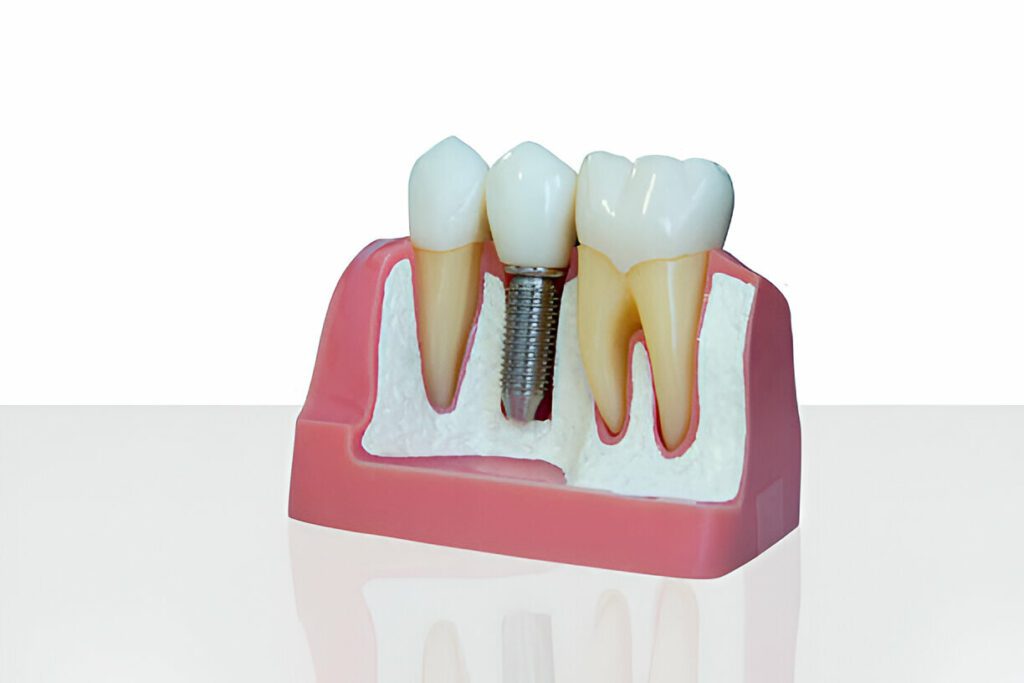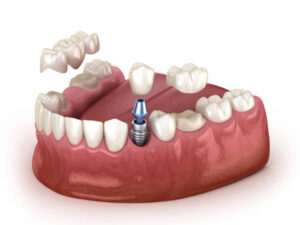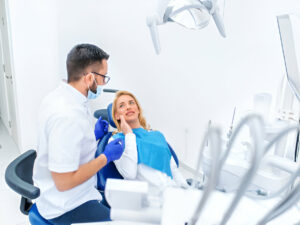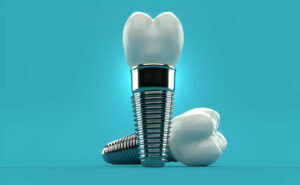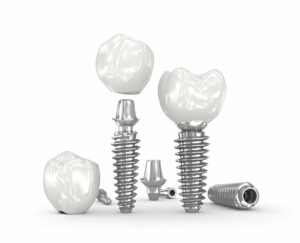Dental implants are a popular solution for replacing missing teeth, providing a durable and aesthetic option. However, like natural teeth, they require proper care, especially concerning the gums. One question that often arises is whether you can lose your gums around dental implants.
Understanding Gum Recession around Dental Implants
Gum recession refers to the process where the gum tissue pulls away from the surrounding area of a tooth or dental implant, thereby exposing more of the tooth’s structure or the base of the implant. This dental condition can impact both natural teeth and dental implants.
Causes of Gum Recession
Several factors contribute to gum recession, whether around natural teeth or dental implants. These include:
- Genetic Predisposition: Some people are more susceptible to gum recession due to their genetic makeup.
- Poor Oral Hygiene: Inadequate brushing and flossing can lead to plaque build-up, which can initiate gum recession.
- Aggressive Oral Care: Brushing too hard or using a hard-bristled toothbrush can damage gum tissue, leading to recession.
- Periodontal Disease: This is a major cause of gum recession. Infections and inflammation of the gums can destroy gum tissue and the supporting bone.
- Physical Trauma: Injury to gum tissue, such as from dental procedures or accidents, can lead to recession.
- Misaligned Teeth or Implants: Poorly aligned teeth or improperly placed implants can put additional stress on gums and bones, encouraging recession.
Impact on Dental Implants
Gum recession around dental implants can expose the implant structure, making it more susceptible to bacterial buildup and infection, which can lead to implant failure. Moreover, it affects the aesthetic appearance of the dental implant.
Managing and Preventing Gum Recession
Prevention Tips
- Proper Oral Hygiene: Use a soft-bristled toothbrush and gentle brushing techniques to protect your gum tissue.
- Regular Dental Checkups: Frequent visits to the dentist can catch and address early signs of gum recession.
- Proper Implant Placement: Ensuring dental implants are correctly positioned by a qualified implant dentist minimizes the risk of recession.
- Quit Smoking: Smoking is a significant risk factor for gum disease and subsequent recession.
Treatment Options
- Soft Tissue Grafts: For cases where gum recession has occurred, soft tissue grafts can be used to rebuild the gum around the implant.
- Bone Grafts: If bone loss accompanies gum recession, bone grafts may be necessary before or along with soft tissue grafts.
Conclusion
Yes, you can lose gum tissue around Dental implants, much like with natural teeth. Understanding the causes and taking preventative measures can mitigate this risk. Regular dental visits and maintaining good oral hygiene are crucial for the longevity of both your dental implants and your natural teeth. If you notice signs of gum recession, consult with your dentist promptly to discuss appropriate treatment options to maintain your oral health.
Frequently Asked Question
Can gum recession around dental implants be reversed?
Gum recession is not reversible, but treatments like gum grafts can restore gum tissue and protect the implant.
What are the first signs of gum recession around implants?
Early signs include sensitivity, visible implant bases, or longer-looking teeth.
Is gum recession around implants preventable?
Yes, with good oral hygiene, proper implant placement, and regular dental check-ups, you can minimize the risk.
Do dental implants cause gum recession?
Implants themselves don’t cause recession, but factors like poor placement or inadequate oral care do.
How quickly does gum recession progress around implants?
The rate can vary widely, influenced by oral hygiene, genetic factors, and overall dental care.

